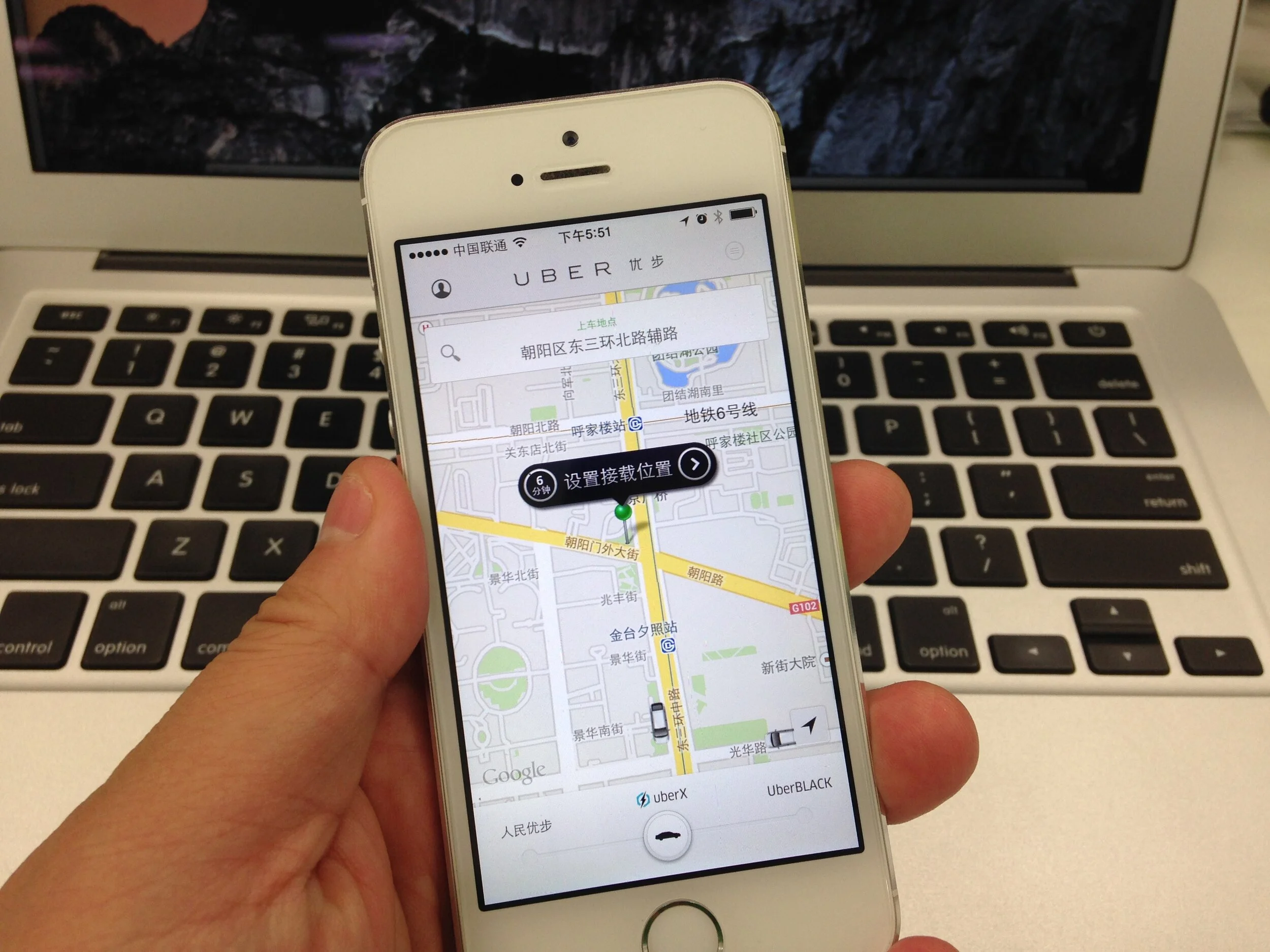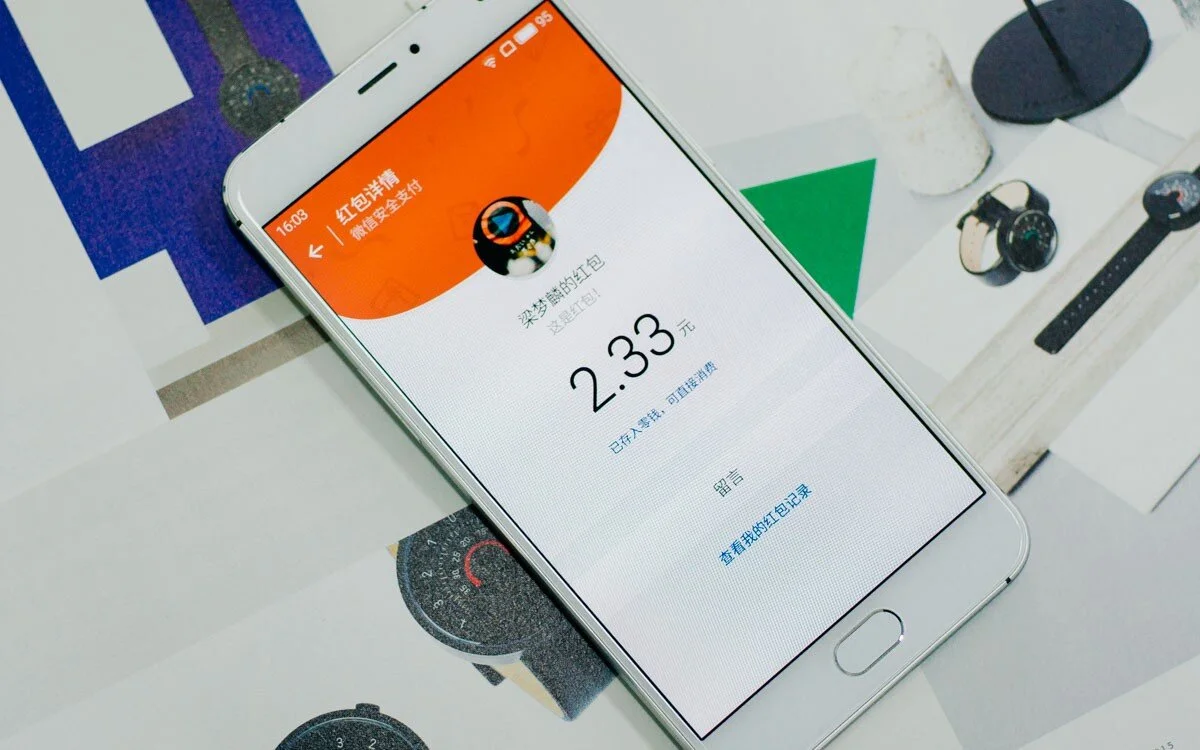WeChat blocks Uber accounts — what does it mean?
All official accounts run by Uber, the wildly-popular ride-sharing app, have been banned and removed from WeChat, China’s most popular social messaging service. Uber has had accounts blocked by WeChat before, but it is now completely without a presence on the platform having had its final twelve accounts closed down yesterday, together with other non-Uber owned accounts that nevertheless promote the service. But what does this mean, and why is it significant? Here is a quick guide to the main issues:
What is a WeChat official account, anyway?
WeChat official accounts might be closest in application and functionality to Facebook Company Pages. They operate inside the WeChat app and serve mainly to deliver either company updates or marketing content to people who opt in, by ‘subscribing’ to an official account. Like Facebook Pages, WeChat official accounts offer a ‘call to action’, but the range of possible functions that can be built in is significantly more, with customers able to make food orders, book delivery services, and create documents from straight inside the app, amongst other features.
So, why did Uber get banned?
‘Account violations’ was given as the official explanation for the ban, before extra details began to leak out through a number of sources, such as press reports and personal comments made by Tencent CEO Pony Ma. Taking all the information together, there appears to be two main categories of reasons for the ban:
1) Misuse of accounts — WeChat takes a strict policy against official account holders offering any kind of reward to the public in return for following an account or sharing its content. Uber had WeChat accounts repeatedly blocked last year after offering ride discounts to people who shared their promotions, and it seems like banned ‘incentivization’ has hit them again. In another allegation, Uber has been accused of illegally collecting user information in breach of strict privacy rules.
An ICP license
2) Regulations and certification — China requires companies of a certain size that create and spread content online to register for an Internet Content License. Uber was issued an ICP earlier in the year, but they did not submit it to WeChat. While Uber claims they were not asked for it, WeChat insists that they requested it several times. In at least some of the cases, it appears that city regulations may have had a role to play. Taxi and ride-sharing services, in most cases, require some form of transportation license to operate inside Chinese cities. Uber lacks much of this paperwork, and this has been cited as an additional reason.
Didi & Kuaidi — now one company
Sure, but why did they ‘really’ get banned?
Getting beyond the official reasons crosses over into the area of conjecture, but there certainly may be other incentives at play. WeChat’s parent company, Tencent, is part owner of China’s largest ride-sharing service Didi Kuaidi, and these rides are built firmly into the service (a taxi can be ordered inside WeChat, and paid for with their complimentary payment service WeChat Wallet). Didi Kuaidi is an obvious rival to Uber so Tencent blocking Uber from using WeChat hands the Chinese firm a serious advantage in the ride-sharing wars.
Timing may be the key to uncovering any potential hidden motives. When the first Uber accounts began to be shut down back in March 2015, it was immediately following the merger of Tencent and Alibaba’s ride-sharing firms into a single entity. With Didi and Kuaidi having previously been huge domestic rivals, the new company was now free to focus on other contenders for its leadership of the ride-sharing market. The final shutdown of Uber accounts in the last couple of days almost immediately followed the creation of what appears to be a global ‘anti-Uber alliance’ between Didi Kuaidi, Singapore’s GrabTaxi, India’s Ola, and sworn Uber enemy Lyft from Canada.
To add further complexity, Uber appears to be establishing a much broader relationship with Tencent and Alibaba’s domestic rival Baidu. Uber is already built into Baidu’s map application, allowing rides to be ordered straight from the route screen, and has recently added Baidu Wallet as a payment option alongside Alipay and other options. Baidu is very keen to get into the lucrative mobile wallet market but is lagging far behind Alipay and WeChat Wallet. While Tencent is unlikely to be keen to do Alibaba any favors, the entry of a third major mobile payment app into the Chinese market would be dangerous for both companies who are currently locked in a epic struggle to dominate mobile payments.
Uber Senior VP of Policy & Strategy, David Plouffe, who has made several visits to China in the last year
OK, but why am I reading about it? Is it significant?
It’s very significant for Uber, who is planning to pump over $1 billion into China this year alone. They have identified Asia in general, and specifically China, as a major growth market but must face off against Didi Kuaidi which owns around 78% of the ride-sharing market in the country. WeChat is a social network rivaled only in size by Facebook, with roughly 650 million monthly active users, making it the marketing channel that no company can afford to ignore. With Didi Kuaidi rides already available directly inside WeChat Wallet and the Alipay app already, payment friction for Didi Kuaidi has been reduced to almost zero, making it an ever more attractive option for Chinese riders. If Uber finds itself permanently cut off from effective marketing channels, it will struggle to grow its business beyond its existing clientele.
This post was imported from my Medium, which I used for blogging between 2015 and 2019.








